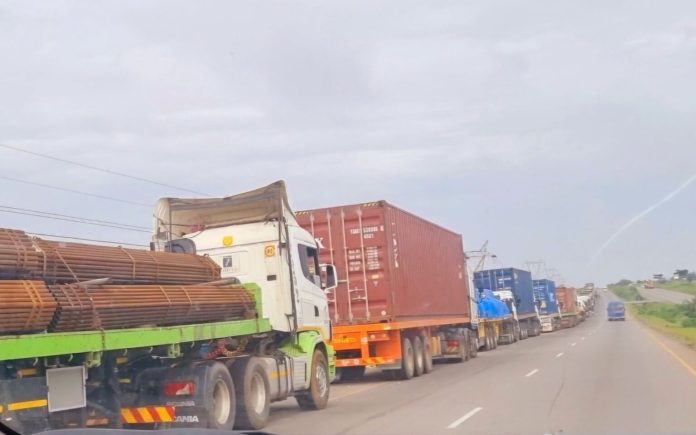Africa’s cross-border trade and customs are changing dramatically due to modernization initiatives, increased regional integration, and strategic incentives meant to improve intra-African trade and increase global competitiveness. Ten major African markets—Kenya, Ghana, South Africa, Tanzania, Uganda, Zambia, Namibia, Rwanda, Egypt, and Nigeria—are actively changing their trade laws and procedures to conform to new regional and international realities, according to PricewaterhouseCoopers’ (PwC) 2025 Africa Customs and Cross-Border Trade Guide.
The African Continental Free Trade Area (AfCFTA), which all ten nations have signed and approved, is a key factor in this change. Through trade barrier removal, customs procedure harmonization, and the opening of new economic opportunities throughout the continent, the AfCFTA aims to enhance intra-African commerce. While each country has a different level of implementation, there has been improvement. For example, Namibia exported mineral goods like diamonds and uranium in March 2025, marking its first AfCFTA shipment, and Nigeria exported goods like smart cards, bags, and shea butter to Egypt and Kenya in July 2024 as part of the AfCFTA Guided Trade Initiative.
The report also emphasizes how nations are updating their customs systems to expedite border processes, increase transparency, and shorten clearing times. In addition to increasing trade flow efficiency, these measures are essential for fostering long-term economic growth. In addition, regional economic communities like the Common Market for Eastern and Southern Africa (Comesa), the Economic Community of West African States (ECOWAS), the Southern African Customs Union (Sacu), and the East African Community (EAC) are essential in lowering trade barriers and standardizing practices.
EAC member states—Kenya, Uganda, Tanzania and Rwanda—benefit from a customs union governed by the EAC Customs Management Act of 2004, allowing duty-free trade within the region and a Common External Tariff (CET) on imports. Similarly, ECOWAS member states Ghana and Nigeria implement CET bands from 0% to 35% and participate in the ECOWAS Trade Liberalisation Scheme to encourage duty-free regional trade. In southern Africa, Namibia and South Africa enjoy duty-free trade and shared customs revenues through Sacu, while Zambia applies preferential tariffs under both Sadc and Comesa.
Incentives like bonded warehousing, duty remission, and manufacture under bond schemes are also being used to attract investors and encourage exports. Egypt exempts electric vehicles, medicines, and agricultural goods from customs duties, supporting both environmental and health goals. Uganda and Tanzania offer duty exemptions for specific sectors such as mining and horticulture, and Nigeria supports export-oriented industries through its manufacture under bond programme.
Authorized Economic Operator (AEO) programmes are further enhancing efficiency at borders. In Tanzania, 36 companies had AEO status by early 2025, benefiting from faster clearance and reduced inspections. South Africa’s AEO programme offers similar advantages, including quicker refunds and lower security costs.
Despite all these positive developments, challenges remain. The PwC report warns of ongoing non-tariff barriers, especially within the EAC. These include complex rules of origin and persistent trade imbalances, which could undermine efforts to boost regional trade.
The continent is making significant strides towards creating a more unified, efficient, and competitive trade environment. With sustained reforms and committed implementation of the AfCFTA, Africa is positioning itself for stronger economic resilience and deeper global trade integration.



